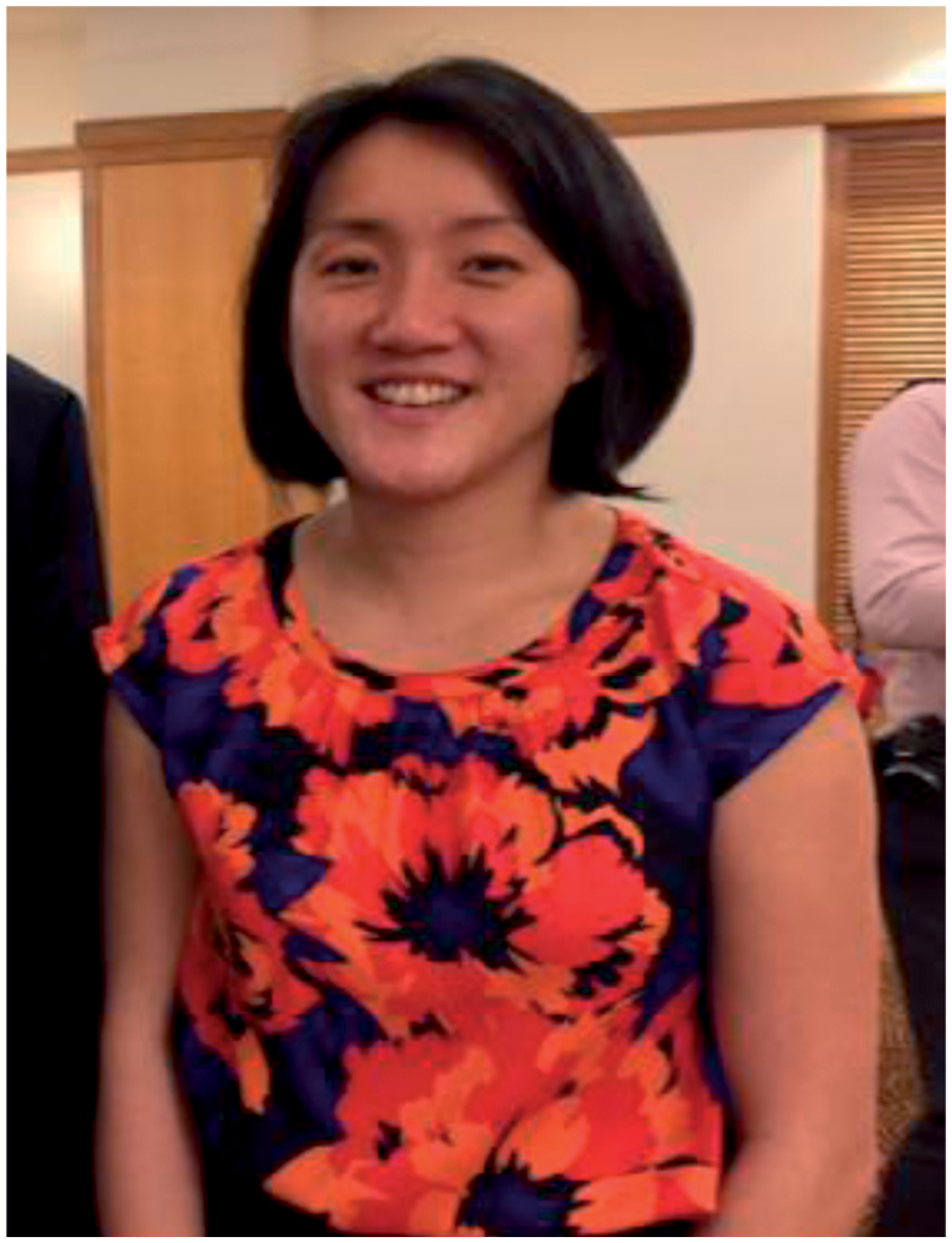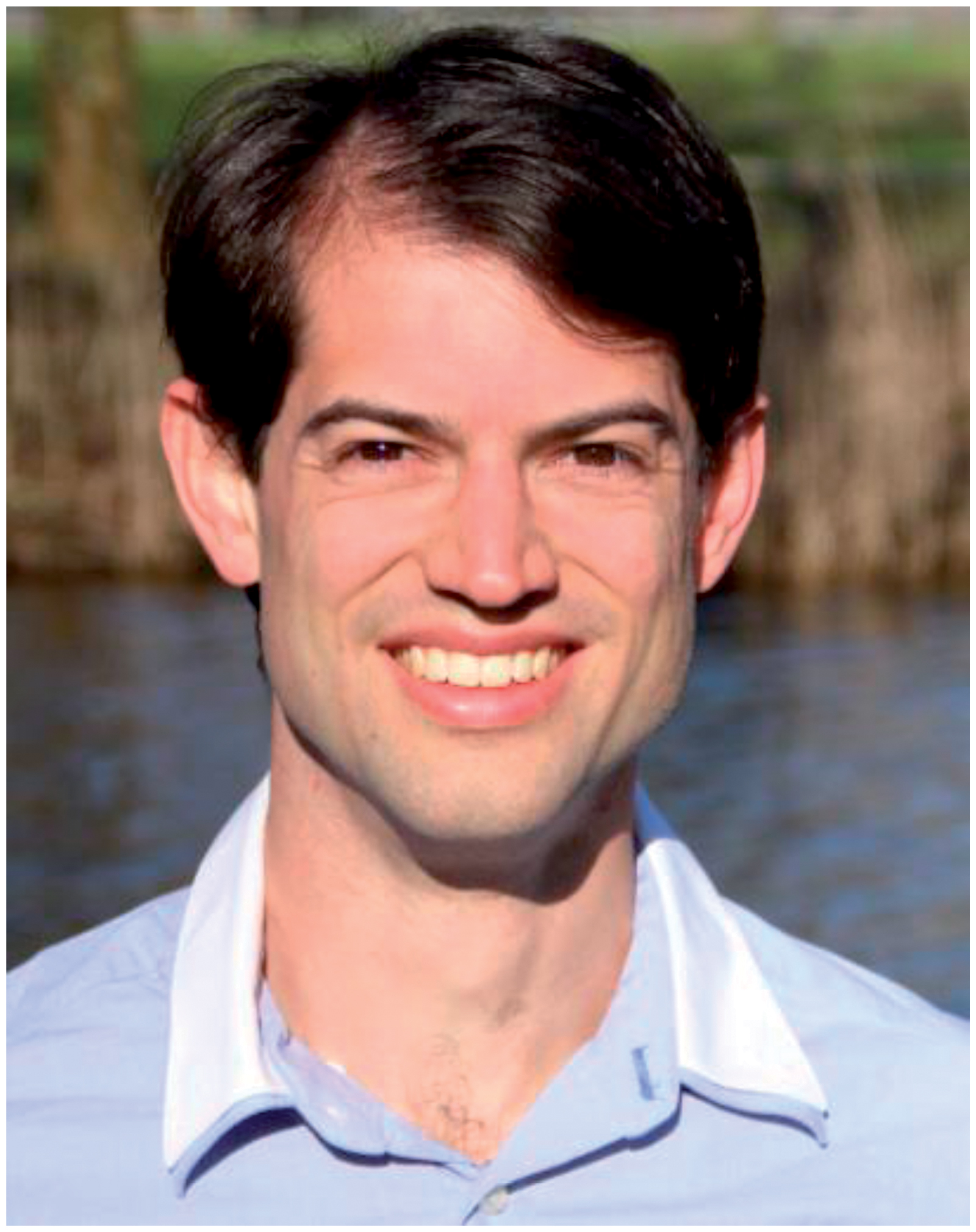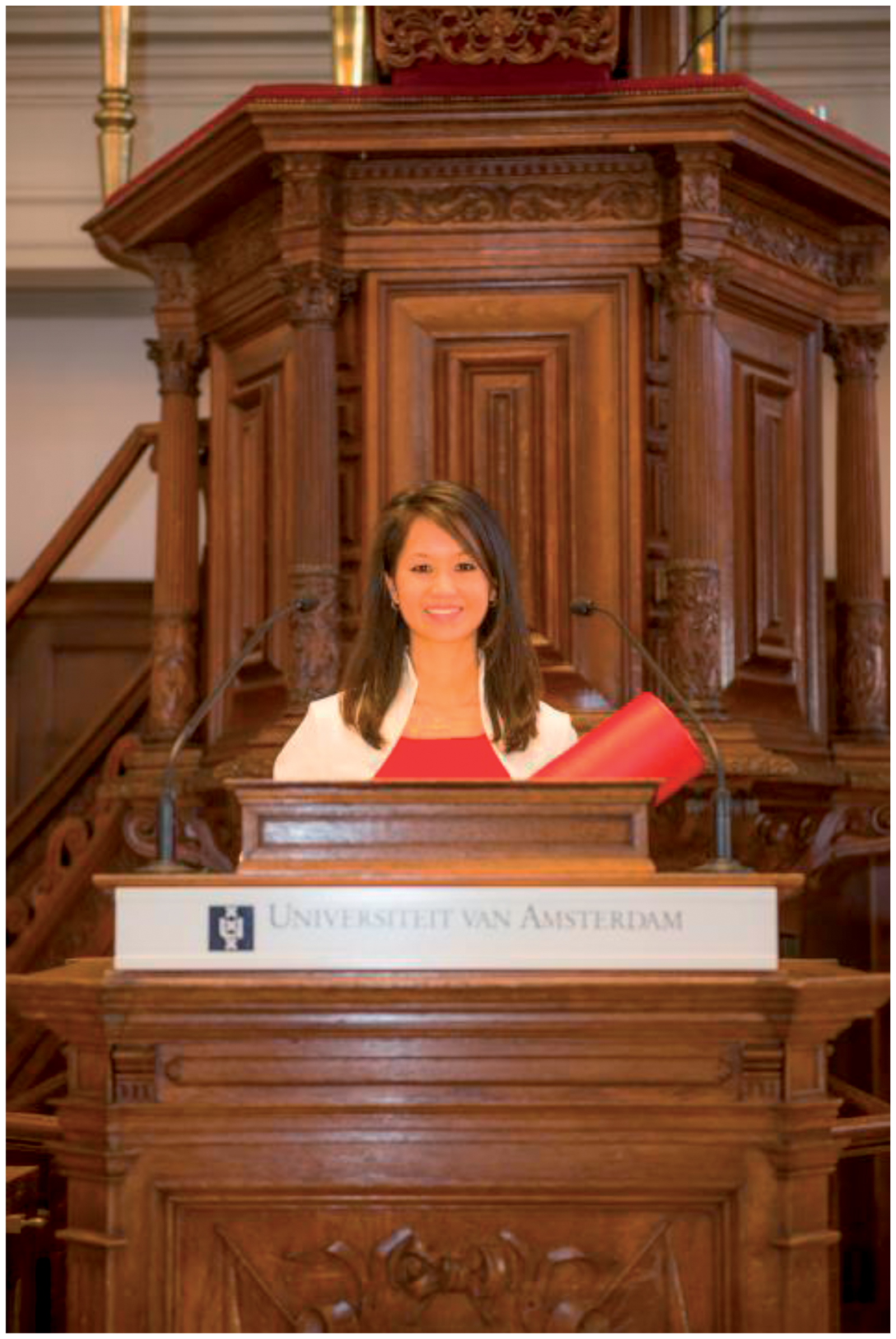Physics/Engineering
Pegah Takook, PhD

“Compact self-grounded Bow-Tie antenna design for an UWB phased-array hyperthermia applicator”
Dr. Pegah Takook received her Bachelor’s and Master’s degrees in Electrical Engineering from the Tehran Polytechnic University in Iran, in 2005 and 2007, respectively. She later received a second Master's degree in Biomedical Engineering from the Chalmers University of Technology in Sweden, in 2011. In 2012, she started her PhD studies in the field of microwave hyperthermia treatment in the Bioelectromagnetic Research Group at Chalmers, Sweden. She received her PhD degree in March 2018. Her research interests include antenna design for biomedical applications, computational electromagnetics, and RF and microwave design. Initially, she will be working as an antenna designer at Ericsson Company in Sweden, but is open to new opportunities in the field of microwave hyperthermia treatment.
Clinical
Grace Tan, MD

“201 Consecutive Cytoreductive Surgery (CRS) and Hyperthermic Intraperitoneal Chemotherapy (HIPEC) Procedures in a Single Asian Tertiary Centre”
Dr. Grace Tan graduated from Guy’s King’s and St Thomas’s College of Medicine in London, UK in 2005. Since then, she returned to complete her surgical training at Singapore General Hospital and the National Cancer Centre Singapore. In 2016, she completed her fellowship training in peritoneal malignancy at the NHS Peritoneal Malignancy Unit in Basingstoke, UK; and pelvic oncology training at King Chulalongkorn Memorial Hospital, Bangkok, Thailand.
As a specialist, her focus is on gastrointestinal cancers, peritoneal and pelvic malignancy and sarcomas. Her research interests have been mainly focused on peritoneal malignancies, intraperitoneal chemotherapy and pelvic oncology, and she has published extensively in these areas, with multiple 1st and 2nd author papers. The majority of her research is clinically based as she spends the majority of her time on patient care, and believes that clinical-based research can help with improving patient and surgical outcomes. She is the Principal Investigator for a pilot study of adjuvant hyperthermic intraperitoneal chemotherapy (HIPEC) for colorectal peritoneal metastases, and hopes that this treatment will be able to reduce the incidence of peritoneal metastases in high-risk colorectal cancers. In addition, she is a co-investigator on several other clinical trials focused on peritoneal-based malignancies.
Dr. Tan is also Adj. Associate Professor with SingHealth Duke-NUS Oncology Academic Clinical Program, and a core faculty member of the Singapore General Hospital General Surgery Residency program. She believes that the education of the next generation of doctors is an integral part of the art of medicine.
Biology Co-winners
Caspar van Leeuwen, PhD

“3D radiobiological evaluation of combined radiotherapy and hyperthermia treatments”
Caspar van Leeuwen is a physicist with a particular interest in medical physics. He obtained his Bachelor’s degree in Physics and Astronomy at the VU University in Amsterdam in 2009. After starting his Master studies in Physics, he initially specialized in particle physics, and participated in a summer school at CERN in 2010. Then, his interest shifted towards medical physics, and he wrote a Master thesis on the topic of Monte Carlo dose simulations in radiotherapy. He earned his Physics Master’s degree, with a specialization in Medical Physics, from the VU University in 2012.
During his doctoral training, Caspar was involved in the development and application of biological models for combined radiotherapy and hyperthermia treatment, with a focus on cervical cancer. He worked closely together with Arlene Oei under the supervision of Petra Kok. The article “3 D radiobiological evaluation of combined radiotherapy and hyperthermia treatments”, which is awarded the International Journal of Hyperthermia Editor’s Award, describes an important part of this research project.
While Caspar is finalizing his doctoral thesis, he now works as a supercomputing and cluster computing consultant at SURFsara, the Dutch National Supercomputing Institute. There, he supports Dutch researchers in running their compute-intensive models on the Dutch national supercomputing infrastructure.
Arlene Leonie Oei, PhD

“Targeting therapy-resistant cancer stem cells by hyperthermia”
Arlene received her Bachelor degree in Biomedical Sciences at the Free University of Brussels (VUB) in 2011 and obtained her Master degree in Biomedical Sciences at the Radboud University Nijmegen in 2013. During her graduation project, performed at the Laboratory for Experimental Oncology and Radiobiology (LEXOR), Department of Radiation Oncology at the Academic Medical Center (AMC) in Amsterdam, Arlene studied the effect of the combinational treatment of hyperthermia, radiotherapy, cisplatin and PARP1-inhibitors. This aroused her interest in hyperthermia and she continued her work as a PhD student at the AMC. Arlene dedicated her PhD research to the understanding and optimizing hyperthermia in combination with radiotherapy and chemotherapy, both fundamental and translational research in which she studied the effectiveness of hyperthermia in cervical carcinoma. One of her findings led to more insight on why hyperthermia is especially effective in HPV+ cervical carcinoma. She demonstrated that hyperthermia temporarily abolished the suppression of p53 by protein-E6, and thereby temporarily restores the normally required function of p53 and p53-dependent apoptosis (Oei et al., Cancer Res. 2015). On 24 March 2017, she successfully defended her PhD dissertation entitled: ‘Tumour cells can’t stand the heat. Boosting the effectiveness of hyperthermia in cervical carcinoma’. Currently, she is conducting her post-doctoral training at the Johns Hopkins Department of Radiation Oncology, where she continues working on hyperthermia, this time changing focus to enhancing the abscopal effect of localized radiotherapy and hyperthermia by using immune checkpoint inhibitors.
